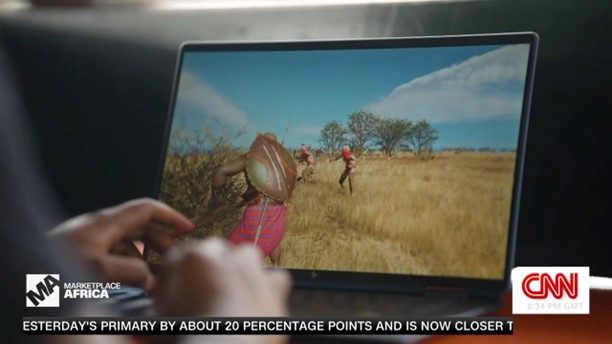Reportedly, the number of gamers in Africa has more than doubled since 2015, from 77 million to 186 million players. This makes it one of the world’s fastest-growing gaming markets. Jay Shapiro, the Chairperson of the Pan-African Gaming Group, has stated that the gaming industry in Africa is still in its early stages and has grown from essentially zero about five years ago. However, the industry is expected to become the third largest market worldwide in the next ten years, behind the US and China, because Africa has more than a billion young people.
Interestingly the Ugandan gaming space is catching up to speed with the continent. The gaming industry in Uganda is experiencing significant growth, driven by a youthful and tech-savvy population eager to embrace new forms of entertainment. The rise of mobile gaming, fueled by increased smartphone penetration and affordable internet access, has played a pivotal role in this expansion. Local gaming sites like Melbet Uganda has given one such option to its players.This has not only fostered a sense of identity within the gaming community but also attracted attention from international investors and game development studios looking to tap into the unique market potential.
In the latest episode of Marketplace Africa, CNN journalist Zain Asher explores the burgeoning e-gaming industry in Africa, which is expected to reach one billion dollars this year.
Players from all over Kenya come to the Afrigamer gaming hub in Nairobi to participate in tournaments. Afrigamer founder Emmanuel Oyewole explains that the hub’s physical location provides a safe space for gamers to meet their online friends in person. Additionally, not everyone can afford high-speed internet at home, so coming to Afrigamer is a convenient option for those who want to enjoy online gaming.
Most gamers in Africa prefer to play games on their mobile phones. Africa is a continent where mobile usage is prioritized. According to Shapiro, it is estimated that in 2026, the number of smartphones in Africa will surpass that of India. Therefore, game developers targeting the African market should focus on creating games that can be easily played on mobile phones.
Shapiro is the founder and CEO of Usiku Games, which focuses on making mobile games for good to counter Africa’s large online sports betting market.
Dean Gichukie, the CEO of Kunta Content and a game producer, is working on a Masai-themed game for PC and console called ‘Hiru’. However, he faces a significant challenge due to the need for an ecosystem of game developers with experience in the field from which he can seek support, feedback, and advice. He also feels there’s need for more support and guidance in obtaining funding for the project.
Gichukie believes that exploring the virtual world can lead to real-life changes, “Games are really powerful in that they’re able to place you within the world and the reality of the player and of the character and being able to do that from an African standpoint is really rare. Being able to show this is the journey of a young African man, this is what it’s like living in Africa and dealing with African problems on a daily basis and being able to give people the empathy of their reality of being African.”
Marketplace Africa airs on CNN International on Friday 1st March 2024 at 20:45 EAT
Feature image: supplied






The article on Africa becoming the third-largest e-gaming market is impressive and highlights the continent’s rapid growth in the game industry. It showcases the increasing popularity and accessibility of e-gaming among African youths, driven by smartphone penetration and improved internet connectivity. The piece is well-researched, providing insightful statistics and trends. However, it could benefit from more in-depth analysis of the socio-economic impacts and potential challenges faced by the industry. Overall, it’s an encouraging read for anyone interested in the game sector’s global expansion, particularly in emerging markets like Africa. Try the game Score! Hero and feel the passion of football.